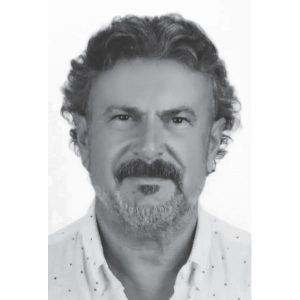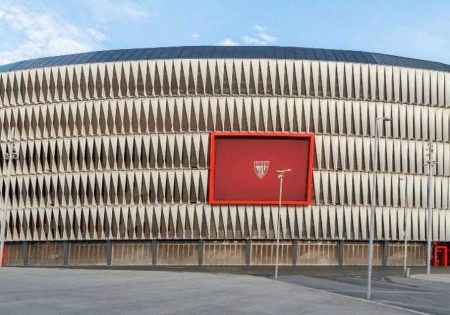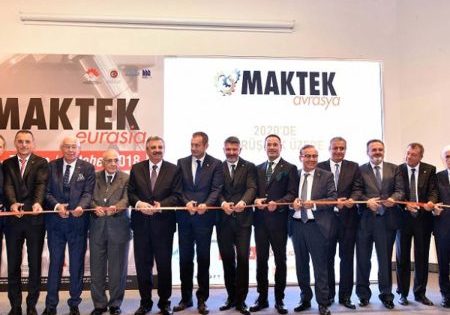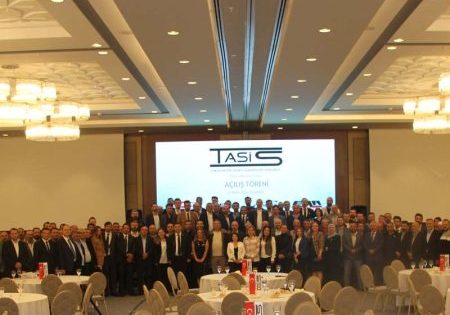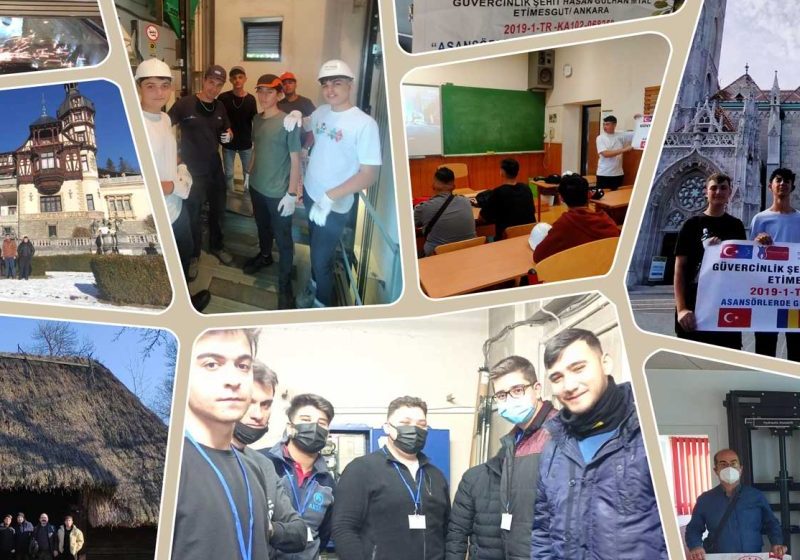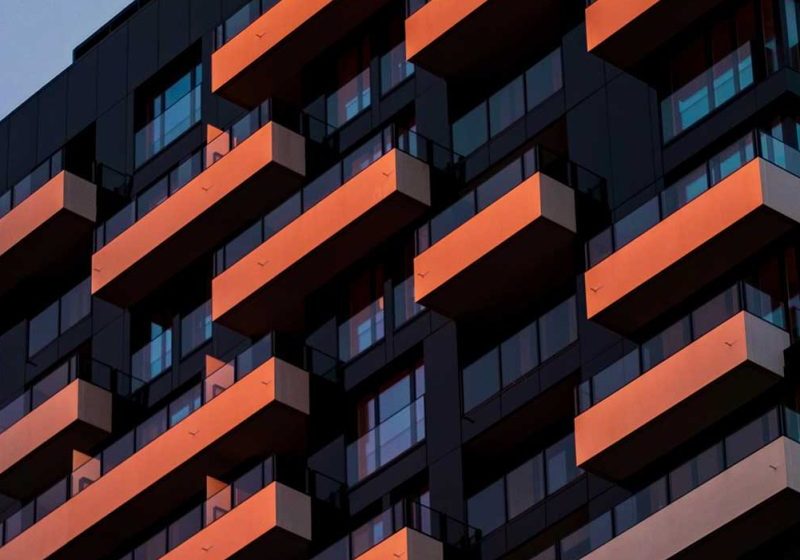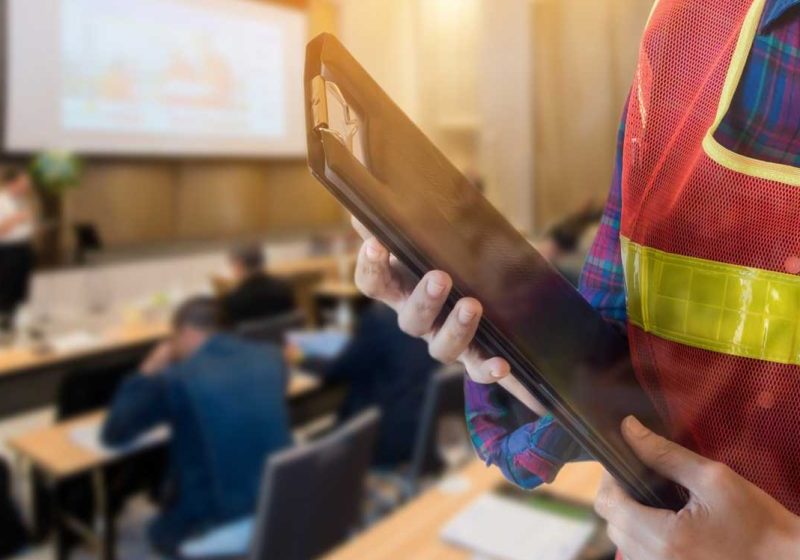The Crusades in Arab’s-eye View and Its Modern Reflections
Nov 18, 2022

Historical knowledge actually awakens the people, but we live in a country where historiography is used for eluding the people. It should be an undeniable requirement for us to have a true sense of history in order to understand today and achieve a democratic Türkiye together with a real right of conscience.
Erdoğan AYDIN researcher-author
1096-1261
The Arab world gained a glorious victory on the face of it. If what the West was trying to do was to stop the progress of Islam with successive invasions, the result was the opposite.
The Arab world from Spain to Iraq during the Crusades had the most intellectually and materially advanced civilization on the planet. Then, the center of earth shifted steadily towards the west. Is there a cause and effect relationship here? Can we say that the Crusades gave the first sign of the breakthrough of Western Europe, which would gradually dominate the whole world, and that it sounded the death knell of the Arab civilization? Such a judgement is not wrong, albeit it needs to be elaborated. The Arabs were suffering from some diseases before the Crusades, and the arrival of Franks may have revealed and aggravated them, but it did not create those out of nothing.
After the ninth century, the ummah (followers) of the Prophet lost the control of their own destiny. Almost all of their managers were foreigners. Of all the people who paraded before our eyes during the whole two centuries of Frank invasion, which of them were Arabs?
Historiographers, Qadis, a few local ameer; İbn Ammar, İbn Munkiz and incapable caliphs. On the other hand, those who monopolized the power and the ruling heroes of fight against Franks were as follows: Zengi, Nurettin, Kutuz, Baybars and Kalavun were Turkish. El Eftal was Armenian. Şirkuh, Selahaddin Eyyübi, El Adil and El Kamil were Kurdish.
Many of these statesmen were culturally and emotionally Arabicised, of course; but let’s not forget that Sultan Mesud spoke to the Caliph el-Müsterşid with the help of an interpreter in 1134. Because even 80 years after the conquer of Baghdad by its own tribe, this Seljuk Sultan did not know a word of Arabic. What’s even worse is that large numbers of steppe warriors, who had nothing to do with the Arab and Mediterranean civilizations, came unremittedly to join the military cast. It was impossible for the Arabs, who were suppressed, oppressed, held in contempt, despised and alienated in their own lands, to continue the cultural development that had begun in the seventh century. When the Franks came, they could not go one step further from where they were and started to be content with leveraging the legacy of the past. And they were actually in the regression period even if they were superior to these new invaders in many areas…
The Arabs were unable to build stable institutions. It was inevitable that the absence of stable and accepted institutions would have certain outcomes on freedoms, as well.
Arabs refused to accept ideas of the West from the very beginning of the Crusades until the very end of it. In terms of occupiers, it is a merit to learn the language of lands they invade. In terms of invaded people, learning the language of conquerors is a compromise or even a betrayal. Indeed, great numbers of Franks learned Arabic while the population of the country turned a deaf ear to the language of the Westerners, except from a few Christians.
The legacy of the Greek civilization could only be transferred to Western Europe through Arabs, who were the interpreters and successors of this civilization. Franks obtained information on medicine, astronomy, chemistry, geography, mathematics and architecture from the Arabic books, which they first internalized and imitated, then expanded. There are many words in Western languages still testifying to this.
Industrially, the Europeans learned the methods used by Arabs in paper manufacturing, weaving, and alcohol and sugar production, then they developed these. It should not be forgotten how the agriculture in Europe flourished being in touch with the East. This includes innumerable products such as apricots, eggplants, shallots, oranges, watermelons, etc.
The Crusades period lighted the touchpaper of a full-blooded revolution for Europe both economically and culturally, these holy wars in the East, in other words “jihads,” led to an anti-intellectualism and a recession that would last for many years. The world of Islam, besieged from all quarters, retreated into its shell. It became timid, lost its tolerance, went on the defensive and became barren; such attitudes took root as the Muslims felt opted out of this development while the global evolution continued. From that day forth, advancement meant “marginal.” Modernism is “marginal.” Was it obliged to express its cultural and religious identity by negating the modernism symbolized by the West? Or on the contrary, should they have taken the risk of losing their identity to set out for modernization somehow?
Neither Iran, Türkiye, nor the Arab world were able to resolve this dilemma. This deadlock is the reason why today, the forced Westernization stages and the extreme reactionary stages -which take on the color of xenophobia- follow each other, mostly in a violent manner.
The Arab world, both fascinated and terrified by these Franks -whom they knew and defeated as barbarians, but then succeeded in dominating the whole world- could no longer see the Crusades as a page from the distant past. It is astonishing to see how the attitude of Arabs and Muslims in general towards the West is still affected by events that should have ended seven centuries ago.
At the threshold of the third millennium, the Arab world’s political and religious authorities used Selahaddin as an anchor point or a reference regarding the discourses that Jerusalem was defeated and should be taken back. Israel was accepted as a new Crusade state both in certain official conversations and in the general consent of the people. The President Nasır was always compared to Selahaddin who, like him, combined Syria and Egypt and even Yemen in his glory days! The 1956 Suez Crisis was perceived as a Crusade that was led by the French and English people just the same as in 1191.
The rise of the feeling of being persecuted cannot be alleviated as the Islamic world is attacked continuously; but it turns into dangerous obsessions in some fanatics: Was it not Mehmet Ali Ağca that shot the pope on May 13, 1983, stating in a letter that he had decided to kill the Pope Jean Paul II, the chief commander of the Crusades?
Beyond this individual act, it is obvious that the Arabic East has always regarded the West as its natural enemy. Any hostile action against the West, whether politically or in the area of oil, is considered as a legitimate vengeance. There is no doubt that the break between these two worlds have its origin in the Crusades, which the Arabs still feel as an assault.
Let’s commemorate a Republican scientist, our dear teacher Prof. Doğan Kuban [1926-2021], whom we lost last year, with the deepest respect, and conclude the historical reality described above with his observations.
“Since there is no such thing as philosophy in Türkiye, the notion of criticism has not developed. One is deemed to use foul language when s/he criticizes in an underdeveloped society!”
★
“The mosque built in Çamlıca is not even worth talking about, it is a copy of Sultanahmet. It becomes a mosque when the congregation visits. A mosque should be built on top of the mountain; go and wander around Anatolia, you will not see such a thing.”
★
“Türkiye is a country boasting of its ignorance; those who have a historical disease fight against ignorance and corruption. The common people give this battle against themselves.”
★
“Slaughtering women, destroying the history and nature, cutting trees, stealing, boasting of the history without having an idea about it, or exploiting the religion without being religious… All have their origins in ignorance.”
★
“The most dangerous thing is being a constructor since a constructor does not produce and has no intellectual development behind it. The power degrades the economy into construction instead of investing in education or industry; it exploits the people and an ignorant population makes money, that’s about it. The constructor mind-set will break the country.”
★
“The Republic of Türkiye is the greatest civilization project carried out in the history of Islamic communities. The biggest social revolution of the 20th century is the Turkish revolution.
“Mustafa Kemal Atatürk says, ‘My spiritual heritage is science and reason’. There has been no statesman or state founder uttering such thing.
“Unfortunately, the Islamic communities’ ongoing incompatibility with the contemporary world has also been entangled in Türkiye recently.”
★
“Turkish intellectuals have been captivated by the American colonialism and rural culture; the ongoings constitute a moral and intellectual ruination. Although the intellectuals do not directly agree, they connive with this moral corruption taking hold of the society, winking at it as if it were a normal phenomenon and speaking in favor of it. However, we learned in the War of Independence that there are many people to look ahead and strive for the humanity, no matter what the circumstances.
“There are millions who prepare the future with their existence. They may make themselves heard worser or better, their thoughts may be blurred, but they are the partners of the modern world. The only way this country will meet the world sooner or later is the path of modern civilization.”
Get more of Elevator World. Sign up for our free e-newsletter.
